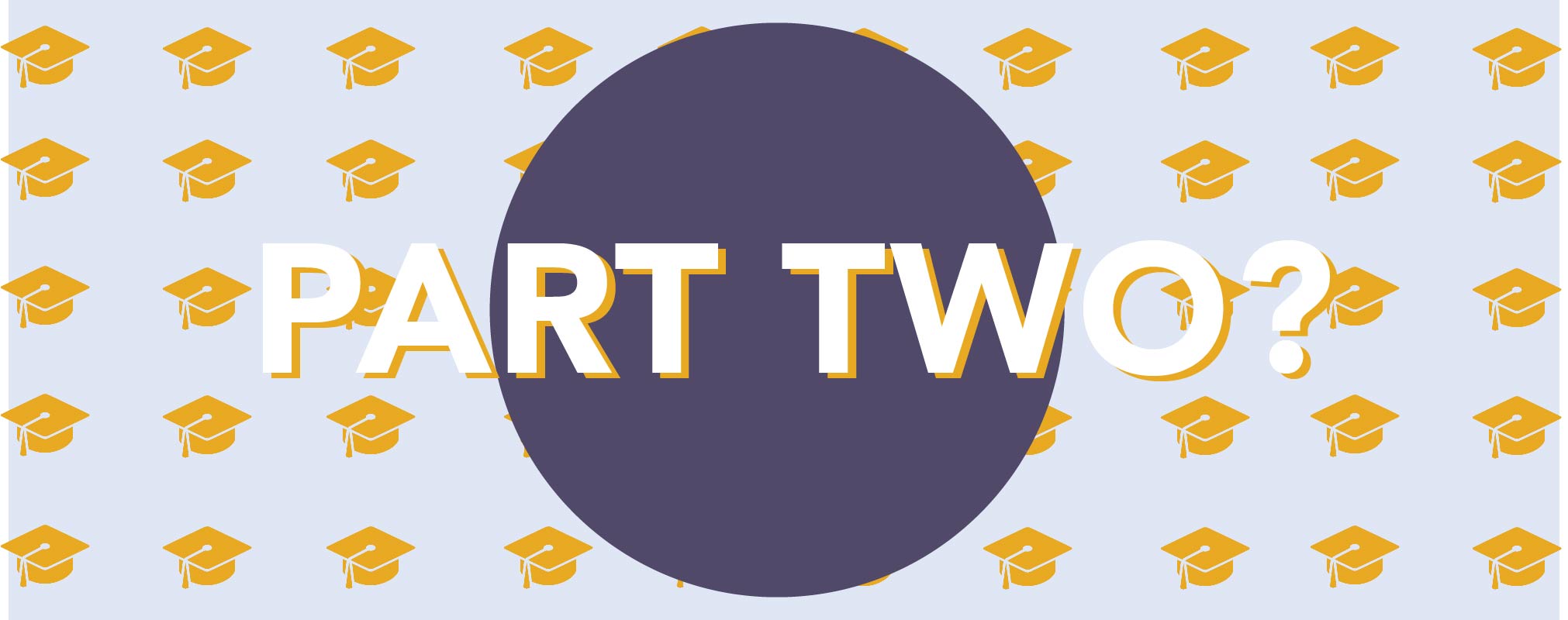In today’s economy, with the increasing number of people attending college, it can often seem as though a master’s degree has become the new bachelor’s degree and a bachelor’s degree has become the new high school diploma.
The New School Free Press set out to try and quantify whether a master’s degree makes a difference in today’s job market. In many cases, but not all, holding a graduate degree allows for better employment opportunities, faster promotions from within a company, and a potential for a higher salary, the NSFP found.
With more and more Americans completing bachelor’s programs, it can be difficult to stand out to employers. According to the U.S. Census Bureau’s data on education attainment, the number of people 25 and older with bachelor’s degrees increased from 19 percent in 2011 to 33 percent in 2015.
In many cases, but not all, holding a graduate degree allows for better employment opportunities, faster promotions from within a company, and a potential for a higher salary, the NSFP found.
As skill specialization has become increasingly desirable to employers, master’s degrees have also increased in popularity. In just 10 years, the amount of people who have master’s degrees jumped by 55 percent between 2001 and 2011, from 487,300 to 754,200, according to a report by National Center for Education Statistics (NCES), a government organization responsible for tracking and analyzing data about education from primary school until post-graduate studies.
Occupations that previously didn’t require a master’s degree are now moving towards such prerequisites.
“In many fields, having a graduate degree allows a person to enter the field at a higher level,” Julia Kent, assistant vice president of Communications, Advancement, and Best Practices from the Council of Graduate Schools said. “Many jobs now even require a master’s to start a job at entry level, depending on the field.”
Jobs like counselors, therapists, social workers, and social scientists, which previously accepted bachelor’s degrees for entry-level positions, now require higher qualifications, as well as marketers, business professionals, doctors, and lawyers. Between 2010 and 2020, the Bureau of Labor Statistics projects that there will be a 22 percent increase in the jobs that require a master’s at entry level, according to an occupation projections report.
“I knew that an undergraduate degree in this day of age just isn’t enough in some careers,” he said. “In the marketing field, it’s very common to have a BA [and you] need something to stand out.”
Graduates of bachelor’s programs that the NSFP spoke with have felt the pressure to get a higher degree and as a result, many recent grads go back to school to pursue a higher-level degree.
“I realized that an undergraduate [degree] was only foundational and that I really didn’t know anything,” said Gabrielle Belli, who graduated in 2015 with her master’s degree in International Affairs at The New School’s Milano School after receiving her undergraduate degree from the University of Ohio.
Tal Dahan, a student at New York University, felt the same way.
“I knew that an undergraduate degree in this day of age just isn’t enough in some careers,” he said. “In the marketing field, it’s very common to have a BA [and you] need something to stand out.”
At companies, human resource professionals are often on the lookout for candidates with a master’s degree. In an unscientific poll, the NSFP looked at several employment websites and noticed the phrase “bachelor’s required, master’s preferred.”
“An M.A. degree can be an important next step in a career,”said William Milberg, dean and professor of Economics at the New School for Social Research. “It establishes you as an expert in a specific field [and] it can open new doors to a job.”
In addition, having a master’s degree is a near sure way of earning more money over your lifetime, even if you take on extra debt — as long as you go into the career that the master’s is for, according to Jeff Strohl, the director of research at the Georgetown University Center on Education and the Workforce.
According to research done by Georgetown University, when people are 25-years-old to 29-years-old, having a higher degree may not make a significant difference in salary. It’s when people are between 40-years-old and 49-years-old that the advantages of a master’s degree can really begin to pay off. Someone with a bachelor’s degree might make upwards $50,000 in that age bracket, while someone with a master’s will make upwards $75,000.
“People make more money [as they get older] due to experience, promotions, an increase in salary, and the opportunity for management positions,” Strohl said.
The Bureau of Labor Statistics’ data found that on average, an employee with a master’s degree earns $200 more per week than someone with just a bachelor’s degree.
Liz Pulliam Weston, an award-winning personal finance columnist for finance site NerdWallet however, cautions that these figures are only true in some professions.
“In some fields, such as business or engineering, a graduate degree typically boosted income by more than enough to justify the cost,” Weston told The New York Times. “In others — the liberal arts and social sciences, in particular — master’s degrees didn’t appear to produce much if any earnings advantage.”
The lowest income job the Georgetown University study looked at was a high school therapist, which requires a master’s degree. Even this job, however, would allow a person to make enough lifetime earnings to pay off the cost of tuition and student debt they had.
The study went on to find that a bachelor’s degree holder earns about $2.3 million over a lifetime, while a master’s degree holder typically earns about $2.7 million. This difference can cover the cost of student debt and make a significant difference in one’s career path.
Illo: Claire Cohen







